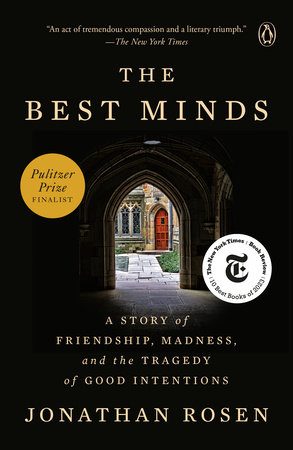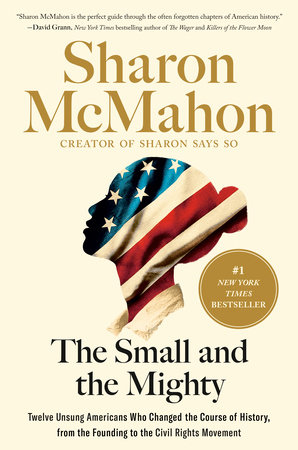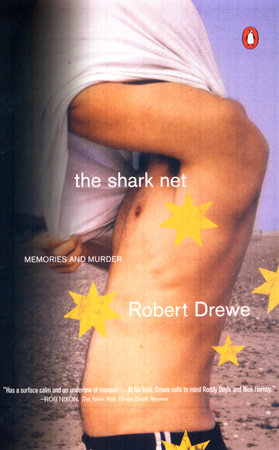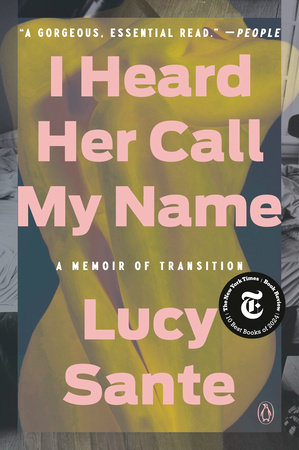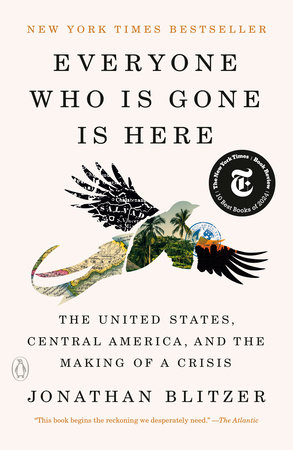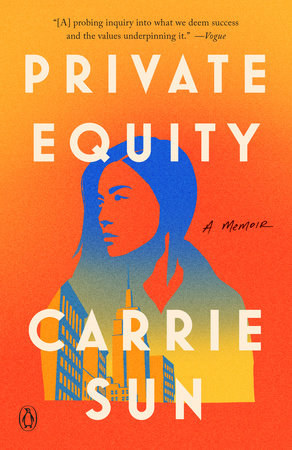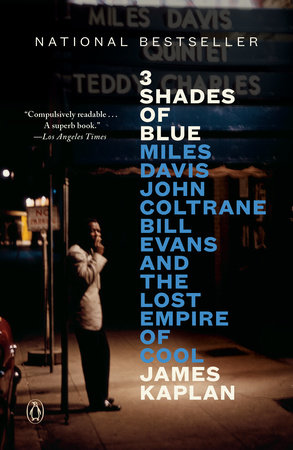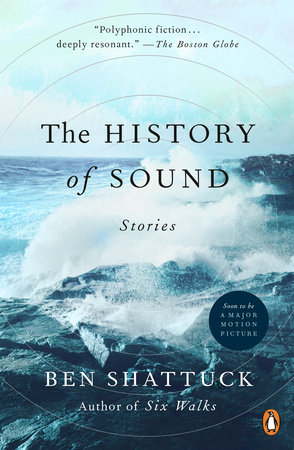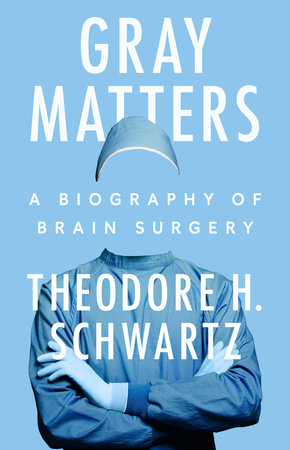“Brave and nuanced . . . The Best Minds is too a thoughtfully built, deeply sourced indictment of a society that prioritizes profit, quick fixes and happy endings over the long slog of care . . . Effectively taking over his friend’s unfinished project, braiding it with his own story of clinical anxiety as well as skeins of history, medicine, religion and true crime, the author has transcended childhood rivalry by twinning their stories, an act of tremendous compassion and a literary triumph.” —The New York Times
“Immensely emotional and unforgettably haunting.” —The Wall Street Journal
“Haunting . . . Rosen tells this story with such a keen mix of compassion and eloquence we can’t help but hope there will be a twist that somehow saves everyone from the inevitably heartbreaking outcome . . . Throughout the book—which is part memoir, part manifesto—Rosen asks uncomfortable but crucial questions, some of them unanswerable, all of them compelling, and the result is an incisive but intimate tour de force that’s as much about Michael’s story as it is about the stories we tell as a culture—what we value, what we see, and what we do our best not to see even when it’s right in front of us . . . Masterful.” —The Washington Post
“This engrossing memoir centers on the author’s childhood friend Michael Laudor, who developed schizophrenia and, in his thirties, committed a horrific murder . . . Rosen thoughtfully interweaves this story with an account of changing attitudes toward mental illness.” —The New Yorker
“Jonathan Rosen’s The Best Minds: A Story of Friendship, Madness, and the Tragedy of Good Intentions takes its title from Allen Ginsberg’s Howl, and could end up as just as enduring a work of American writing. Expect to see it on ‘Best Of’ lists, and plan to make space for its nearly 600 pages on your shelf. A memoir, a love letter, and a biblical tragedy all at once, it avoids easy answers but clings to difficult questions. A tale told with humility, it charts the path to hell by noting every good intention along the way.” —The New York Sun
“A shattering narrative.” —Sue Halpern, Yale Alumni Magazine
“It’s the darkest of literary triumphs, and the most gripping of unbearable reads.” —Simon Ings, The Telegraph (Five stars)
“Dazzling . . . both a breathtaking and tragic portrait of a man with vast potential and a reckoning on how schizophrenia is treated and understood. This is a tough one to forget.” —Publisher’s Weekly (starred review)
“Rosen is a novelist, and his literary imagination shapes the book like a novel…This artful, reflective and even entertaining book—one of the best of this or any year—is his powerful effort to take responsibility for changing minds, to persuade us of the danger of allowing compassion to obscure truth. The Best Minds manages to honor both.” —Elaine Showalter, Times Literary Supplement
“[A] well-written, affecting account.” —Booklist
“Intelligent, absorbing and heartbreaking, an intensely personal story. —Kevin Canfield, CrimeReads
“Rosen captures many worlds in this attentive, nuanced narrative, evoking boyhood discovery, the life of post-Shoah Jews in America, the rise of predatory capitalism, and the essential inability of one friend to comprehend fully the ‘delicate brain’ of the other. It’s an undeniably tragic story, but Rosen also probes meaningfully into the nature of mental illness. Throughout, he is keenly sensitive, as when he writes of the perils of self-awareness, ‘The flip side of the idea that writing heals you, perhaps, was the fear that failing to tell your story, and fulfill your dreams, cast you into outer darkness.’ An affecting, thoughtfully written portrait of a friendship broken by mental illness and its terrible sequelae.” —Kirkus (starred review)
“An astounding piece of work, at once a portrait of Laudor made of countless fine brush strokes, a tender memoir of adolescence and young adulthood and, above all, a forensic, unflinching exploration of the factors that led to Laudor’s public rise and bloody fall.” —Ben Machell, The Times
“[An] excruciating, riveting memoir . . . The Best Minds is an absorbing story of one man’s tragic life. But it is also an important examination of how much we know and can do — and, more crucially, how little.” —Star Tribune
“Heart-rending. . . Almost every page is filled with poignant observations, subtle ironies and a commentary pregnant with the unbearable weight of future knowledge. There are tragic echoes of The Great Gatsby.” —Andrew Anthony, Observer
“An ‘American tragedy’ but one with universal relevance, The Best Minds combines a tender and touching story of friendship with a brutal indictment of how we neglect the mentally ill in our society at our peril.” —Caroline Sanderson, Editor’s choice, The Bookseller
“This book gets you in its grip from the first pages. It is the opposite of a magic trick: nothing is hidden but the revelations are constantly stunning, a testament to Jonathan Rosen’s sheer skill as an author. The Best Minds is a heartbreaking story and an astonishing work of art, its tragedy rendered with unbounded humanity and depth.” —Stephen J. Dubner, host of Freakonomics Radio
“With bracing honesty, Jonathan Rosen tackles one of medicine’s greatest mysteries, the origins and outcomes of maladies of the mind. In artful prose and with a compassionate voice, he takes us on a journey from childhood to academia to locked institutions. Not always easy to read but well worth it, The Best Minds is a work of nuance and insight that triggers thought and pulls at the heart.” —Jerome Groopman, MD, Recanati Professor Harvard Medical School; author of How Doctors Think; coauthor of Your Medical Mind (with Dr. Pamela Hartzband)
“In this riveting narrative, Jonathan Rosen guides us through his lifelong friendship with Michael Laudor, a young boy of exceptional promise who becomes a young man exceptionally ill with schizophrenia. This cautionary tale reminds us that schizophrenia is a formidable foe. For even the best minds, the illness can be devastating, subverting its own treatment. And for those who love someone afflicted with schizophrenia, our best instincts for compassion and accommodation can lead to dire consequences. But The Best Minds is not only about genius and madness. It is about how all of us approach what we can’t understand and how each of must do better for those who can’t fend for themselves.” —Thomas Insel, MD, former director, National Institute of Mental Health and author of Healing
“A moving evocation of childhood friendship that morphs into a devastating evocation of mental illness. Rosen is persistently judicious and precise. The result is a harrowing tour de force.” —Peter D. Kramer, author of Death of the Great Man and Listening to Prozac
“This is that rare book that deftly works on several levels at once while remaining a compulsive read: as a narrative of a complex friendship; a cautionary tale about the price of intellectual ambition; and a clash between the unholy alliance of psychoanalytic and literary theory and the grim vicissitudes of reality. Jonathan Rosen writes with searing intelligence and admirable candor about his role in what is ultimately a heartrending story. As unobtrusively researched as it is deeply reflective, informed by a humane and comprehending voice, The Best Minds delivers on its own vaulting ambition. It is nothing short of a contemporary masterpiece.” —Daphne Merkin, author of 22 Minutes of Unconditional Love and This Close to Happy
“I am not sure when I last read a nonfiction book as satisfying as The Best Minds. It’s a memoir, a medical mystery, the story of a close male friendship, a clear-eyed look at the criminal justice system, and, in a weird way, an academic satire, revealing Ivy League foibles that would make you laugh if they didn’t make you tear your hair out, painfully. Jonathan Rosen has written a long book that felt too short; I wanted it to keep going and going.” —Mark Oppenheimer, author of Squirrel Hill
“The Best Minds is one of the best books about mental illness I have ever read. Its grand sweep takes in the nuanced cultural history of ideas and policies regarding people with severe illness. Andrew Solomon’s The Noonday Demon did this for depression, and Scott Stossel’s My Age of Anxiety for anxiety. Those books, both superb, are grounded in memoir as well, but the specific horror of Rosen’s makes it especially unforgettable.” —Sally Satel, Commentary Magazine
“The Best Minds is a carefully crafted and beautifully written tale illustrating the failure of our mental illness treatment system. The irony of the title is that the ‘best minds’ did not understand that paranoid schizophrenia is a brain disease, not a behavioral choice. On any given day 40 percent of the 9 million Americans with serious psychiatric disorders are receiving no treatment. The Laudor story, with elements of the Ivy League and Hollywood, was high-profile but other tragedies quietly occur in the US every day.” —E. Fuller Torrey, MD, author of American Psychosis: How the Federal Government Destroyed the Mental Illness Treatment System
“I was gripped from the start by Jonathan Rosen’s skill as a novelist as he tells the story of two boys, both alike in dignity and gifts, and the tragic impact of severe mental illness on their different life trajectories. The book is a kind of lighthouse, pointing out the dangers ahead if we don’t pay attention to those small number of people with severe mental illness, who pose a risk to others, and who need long term care from professionals: not from desperate families and partners. It is a must-read for those who are interested in mental health services, and should be required for those in government who have any influence on mental health policy. The Best Minds has its own strange and terrible beauty, and despite the tragedy described therein, it is also a tribute to human love and hope for better things.” —Gwen Adshead, forensic psychiatrist and author of The Devil You Know
“A work of intimacy, scope and sweeping power, this epic book reads like a classic American novel. Both a heart-rending tragedy and a story of love and companionship, The Best Minds is utterly compelling.” —Seán Hewitt, author of All Down Darkness Wide
“As a primer to the cultural and political concerns that emerged from the Sixties, it is second to none … Like all great American texts it is the detail and the flow of ideas that gives it power. This is social and intellectual history of the most powerful sort.” —Brian Morton, The Tablet
“Incredibly moving and panoramic work . . . Rosen’s writing can break your heart . . . A worthy and incisive read.” —New York Journal of Books
“Deeply personal, by turns sad, angry, empathetic, and, yes, funny, “The Best Minds” is a must-read account of the manifestations and mysteries of psychosis and the failures of our nation’s mental health institutions.” —Pittsburgh Post-Gazette
“This devastating memoir will break your heart . . . In The Best Minds, Rosen breaks his silence, and the heart of any empathetic reader. It is a wrenching double memoir about converging and violently diverging lives.” —The Forward
“To say that this is a memoir, a case study, or a book about schizophrenia is to dramatically undersell it. Though Rosen’s lens is particular, his view is panoptic. This is a magisterial work, as much a sociological study of late 20th-century America as it is a book about madness. It is also a book about childhood and friendship, the long shadow of the second world war and its unexpected intellectual legacy, about ambition and delusion and the danger of stories.” —David Shariatmadari, The Guardian
